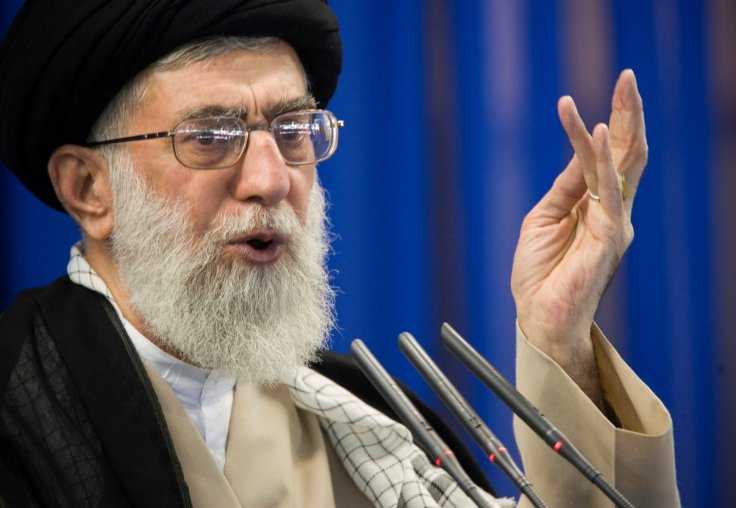Six months after the 62-year-old Iranian Major General, Qasem Soleimani, was killed in a drone attack by the US troops near the Baghdad airport, Iran issued an arrest warrant against President Donald Trump Monday, June 29.
In its delayed retaliatory development, Iran has sought help from the Interpol based in Lyon of France, to further its step in prosecuting Trump and those who were involved in the assassination of Soleimani. Iran has sought Interpol's intervention and has asked the suspects to face
"murder and terrorism charges."
The Tehran prosecutor Ali Alqasimehr said that Iran has accused the US President and 30 others for their involvement in the drone attack, that was carried out to assassinate Qasem Suleimani on January 3. Iran has sought the imposition of "red notice" on Trump and those involved in the strike.
IRGC and Soleimani
Soleimani was the head of the Islamic Revolutionary Guard Corps (IRGC) that is largely is known to the world as a "branch of Iranian armed forces". He was chosen by to lead the IRGC in 1998 by the Supreme leader of Iran Sayyid Ruhollah Musavi Khomeini, largely popular as Ayatollah Ali Khomeini. Even as Soleimani hailed from a poor family, he was keen to lead the militia units in Iran and Iran backed forces in Iraq.
He led the Quds force that oversees all securities operations of Iran, abroad, and that directly reports to Ayatollah. Soleimani was given a freehand on all the militia units in Iran which he trained, while he also undertook measures covertly to move and supply weapons to these groups. He gathered individuals from Shia and Kurdish communities, in the mid 90s, most of them who were troubled by Saddam Hussein's dictatorship. Soleimani is considered to be the mastermind in the expansion of Iran's forces as he had developed his sources in Lebanon and Syria.
He had also become a close aide to Syrian President Bashar al-Assad's and helped Syria fight the Islamic States during 2016-17. However, the US invaded Iraq in 2003 and Soleimani led attacks against the US troops, using the militia units he had trained and armed in Iran. Ayatollah had a big role to play in all the wars Iran has been into since 1979, however, he chose to be in the background, and who better than Soleimani would have fetched the Supreme leader what he sought in this region of Middle East.
Given that Soleimani was keen to end any supreme power except the one existing in Iran, he targeted the US troops and killed many white soldiers since 2003. The US troops also retaliated and the violent tussle between the US and Iran, Iran based militia units in Iraq witnessed a jolt with the death of Soleimani. The US intelligence units clubbed their weapons to target the US base of Baghdad airport, where Soleimani was traveling in a convoy. The convoy was blown into pieces in a US drone strike on January 3. The authorities in the US had already planned the attack a year ago with the US Secretary of State Mike Pompeo declaring IRGC to be a "foreign terrorist organization".

IRGC declared foreign terrorist organization
In a statement released by the Pentagon after US troops bolstered Soleimani and killed him, it said "Soleimani was actively developing plans to attack American diplomats and service members in Iraq and throughout the region. General Soleimani and his Quds Force were responsible for the deaths of hundreds of American and coalition service members and the wounding of thousands more."
Meanwhile, the Interpol will have to take a decision only after having met the different committees it comprises of, the information of which need not be released or put up on any domain. Speculations are high that the Interpol might not consider Iran's request to arrest Trump or officials involved in the drone attack that killed Soleimani, as it is against the guidelines of Interpol.
However, the warrant issued by Iran, if considered by the Interpol, can limit Trump's travel, while leaders in the government will be appointed to oversee the matter, while and if it is investigated.









